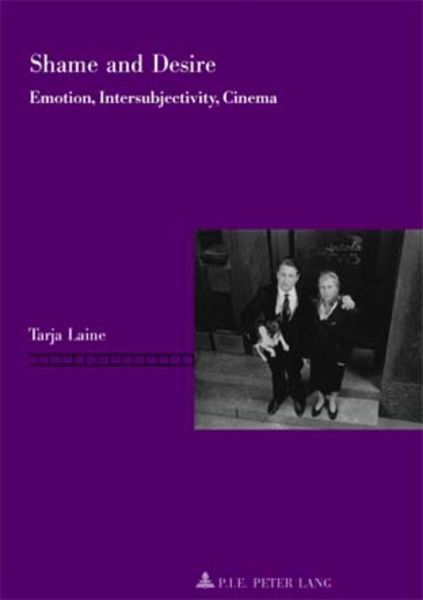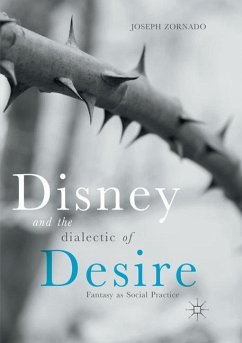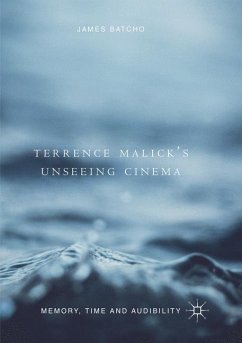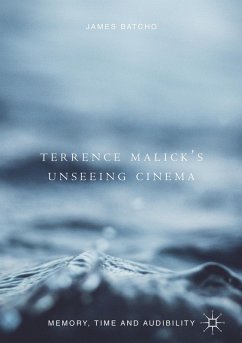
Shame and Desire
Emotion, Intersubjectivity, Cinema
Versandkostenfrei!
Versandfertig in 6-10 Tagen
49,25 €
inkl. MwSt.

PAYBACK Punkte
0 °P sammeln!
Shame and Desire defines the contemporary cinematic experience in terms that go beyond the visual. Adopting an intersubjective perspective on film studies, the author maintains that the dialectical poles of subject and object, seeing and being seen no longer seem to be valid. We are now surrounded by images that look back at us provocatively, seductively, indifferently; and not only in movies, but also in art, television, the city, in chance encounters, and in our private relationships. Taking her cue from Jean-Paul Sartre, the author shows how emotions exemplify the way in which we are 'force...
Shame and Desire defines the contemporary cinematic experience in terms that go beyond the visual. Adopting an intersubjective perspective on film studies, the author maintains that the dialectical poles of subject and object, seeing and being seen no longer seem to be valid. We are now surrounded by images that look back at us provocatively, seductively, indifferently; and not only in movies, but also in art, television, the city, in chance encounters, and in our private relationships.
Taking her cue from Jean-Paul Sartre, the author shows how emotions exemplify the way in which we are 'forced' to see ourselves through the eyes of others, unable to escape an identity that is imposed upon us from the outside but nevertheless resides 'in the flesh' - in the affective operations of the body and the senses. To illustrate her account of the intersubjective dynamics and affective bonds of cinema, the author explores the contemporary aesthetic investment in the emotional in the work of filmmakers such as Lars von Trier, Michael Haneke and Eija-Liisa Ahtila.
This book proposes an insight into the ways in which we are engaged with visual displays and the look with which they respond to our looking.
Taking her cue from Jean-Paul Sartre, the author shows how emotions exemplify the way in which we are 'forced' to see ourselves through the eyes of others, unable to escape an identity that is imposed upon us from the outside but nevertheless resides 'in the flesh' - in the affective operations of the body and the senses. To illustrate her account of the intersubjective dynamics and affective bonds of cinema, the author explores the contemporary aesthetic investment in the emotional in the work of filmmakers such as Lars von Trier, Michael Haneke and Eija-Liisa Ahtila.
This book proposes an insight into the ways in which we are engaged with visual displays and the look with which they respond to our looking.












